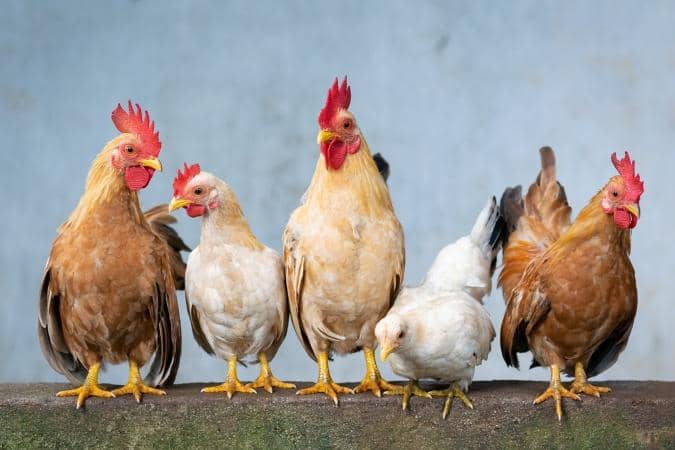Christmas: Chicken costs N25,000, turkey N130,000
With Christmas and New Year festivities just days away, the soaring prices of basic food items are dampening the holiday spirit across Nigeria. Families and civil servants, grappling with inflation and economic challenges, are preparing for subdued celebrations.
Market surveys across states reveal a sharp rise in the cost of poultry, cooking oil, cows, and other festive essentials. At Abuja’s Utako and Wuse markets, local turkey prices now range between ₦85,000 and ₦130,000, while “agric” turkey sells for ₦110,000 to ₦140,000, depending on size. Chickens cost between ₦8,000 and ₦25,000. Sellers blame the hike on increased transportation costs and the high price of animal feed.
In Plateau State, Ibrahim Musa, a poultry seller at the Railway Market, lamented low patronage. “We have chickens ranging from ₦8,000 to ₦25,000 and turkeys from ₦70,000 to ₦110,000. People aren’t buying as they used to because of the prices,” he said.
READ ALSO: Christmas: Police in Yobe read riot act to potential troublemakers
A similar trend is observed in Lagos markets like Agege and Mushin, where cows cost between ₦1 million and ₦1.5 million. Chickens are priced at ₦13,000 to ₦15,000, while a 25kg bottle of King groundnut oil sells for ₦100,000.
In Benue State, Olije Edward, a civil servant, described the season as bittersweet. “How can we celebrate when a turkey costs more than my monthly salary? What should be a joyful time has become a period of anxiety,” she lamented.
Bayelsa State residents are also feeling the pinch, with a turkey going for ₦65,000, chicken at ₦25,000, and a goat priced between ₦80,000 and ₦90,000 at Swali Market in Yenagoa. Ebitare, another civil servant, remarked, “Even the ₦80,000 minimum wage isn’t being paid yet. We’ll celebrate on a low key and be thankful for life.”
Economists attribute the price hikes to several factors. Dr. Muda Yusuf, CEO of the Centre for the Promotion of Private Enterprises (CPPE), explained, “High energy and transportation costs, coupled with insecurity, have severely affected farming activities. Many farmers have abandoned their farms, leading to reduced food supply. Additionally, the government’s fiscal deficit and rising borrowing heat up the economy.”
The National Bureau of Statistics (NBS) reported Nigeria’s headline inflation at 34.60% in November, with food inflation at 39.93%, a sharp rise from last year’s 32.84%.
As Nigerians adjust to the harsh economic realities, many are embracing gratitude over extravagance this Christmas season. For families across the country, it’s a time to reflect on life’s blessings and hope for a more prosperous new year.
Follow the Neptune Prime channel on WhatsApp:
Do you have breaking news, interview request, opinion, suggestion, or want your event covered? Email us at neptuneprime2233@gmail.com





